As global attention once again turns to the ongoing war in Ukraine, new diplomatic developments have surfaced that could mark a turning point-or merely another chapter-in a conflict that has defied swift resolution for over two years. The Kremlin, on April 18, reaffirmed its commitment to peace talks with Ukraine, despite calling the negotiation process “difficult.” This came in direct response to statements made by US President Donald Trump, who has urged Moscow to deliver an answer to a proposed ceasefire deal “very shortly.”
Kremlin spokesman Dmitry Peskov addressed reporters in Moscow, underscoring that Russia remains interested in a negotiated solution, even as tensions and violence continue along the frontlines. “We believe that certain progress can already be stated,” Peskov remarked. He pointed to a unilateral moratorium imposed by Russia on strikes targeting Ukraine’s energy infrastructure as a “sign of goodwill” and a tangible step toward de-escalation. However, he criticized Kyiv, stating that “the same cannot be said for the Ukrainian side,” alleging that Ukraine has not reciprocated Moscow’s restraint.
The diplomatic overture from Moscow arrives on the heels of Trump’s renewed public statements on Ukraine. Speaking during a press conference at the White House on April 17, Trump expressed confidence that a resolution could be reached quickly if all parties cooperated. “We’re going to be hearing from them this week. Very shortly, actually, and we’ll see. But we want the death and the killing to stop,” Trump said.
Trump, who has long claimed he could end the war within 24 hours if re-elected, has now placed the onus on both Moscow and Kyiv to show readiness for a ceasefire. His remarks were interpreted by some analysts as a sign that informal channels of communication may be operating behind the scenes-possibly involving Washington’s quiet diplomacy to push for a temporary halt in hostilities before the US presidential election campaign enters its final stretch.
When asked whether Trump’s comments indicated any behind-the-scenes negotiations between Washington and Moscow, Peskov responded cautiously. “I don’t want to comment on that,” he said, while also noting that there is “some movement” in diplomatic efforts. Yet, Peskov stressed that the issues at hand remain complex and are far from being resolved. “There are many nuances, and they are not easy to navigate,” he added.
Adding to the pressure, US Secretary of State Marco Rubio delivered a blunt warning on April 18, stating that the United States would not keep pushing for a peace agreement indefinitely. “No one is saying that this is going to get done in 12 hours,” Rubio said, acknowledging the challenges. But he added that Washington expects clarity on whether a deal is possible “within a matter of days.” If not, he declared, the US is “just going to move on.”
Rubio’s comments reflect growing frustration in Washington over the slow pace of diplomacy and the persistent stalemate on the battlefield. US military and financial aid to Ukraine has recently been subject to increased scrutiny, particularly from congressional Republicans who have raised concerns over long-term commitments and the lack of clear outcomes. This makes the current round of negotiations politically significant for both US domestic politics and broader transatlantic relations.
The Kremlin’s recent statements, while cautiously optimistic, also underline the deep divisions that still exist. Moscow has consistently demanded recognition of its control over four regions in eastern and southern Ukraine that it claims to have annexed-claims that are not recognized internationally. Kyiv, on the other hand, insists on the full restoration of its territorial integrity as a precondition for any peace deal.
Peskov’s emphasis on Russia’s temporary moratorium on attacking energy infrastructure appears designed to signal Russia’s flexibility while subtly accusing Ukraine of intransigence. According to analysts, such statements aim to present Moscow as a rational actor open to compromise, in contrast to what it portrays as a belligerent and uncooperative Ukrainian leadership.
Nevertheless, skepticism remains high. Ukrainian officials have repeatedly rejected the idea of freezing the conflict along current battle lines or entering into negotiations without significant concessions from Moscow, particularly the withdrawal of Russian forces. President Volodymyr Zelensky has continued to call for Western support, urging allies not to ease pressure on Russia through sanctions or reduced military assistance.
The timing of Trump’s and Rubio’s statements also raises questions about Washington’s long-term strategy. Trump’s desire to secure a foreign policy win-or at least a symbolic breakthrough-could be seen as an effort to demonstrate leadership ahead of the 2024 presidential election. While he holds no official position in the current administration, his influence over the Republican Party and potential return to power injects uncertainty into international diplomacy.
Some commentators view Trump’s push for a quick answer as politically motivated and overly optimistic, especially given the entrenched nature of the conflict. Others argue that his unpredictability might offer a rare opening, since neither side wants to be blamed for missing an opportunity if negotiations do resume in earnest.
Meanwhile, European leaders are watching the developments closely. The EU has been one of Ukraine’s primary supporters since the beginning of the war and has warned against any deals that might come at the expense of Ukraine’s sovereignty or future EU membership aspirations. NATO, too, remains wary of premature peace declarations that could result in a “frozen conflict” scenario similar to those in Georgia or Moldova.
The coming days may reveal whether Trump’s public pressure and behind-the-scenes diplomacy can unlock a genuine peace process, or whether it’s simply a media maneuver designed to apply pressure on the Biden administration and Kyiv. Either way, the Kremlin’s remarks, combined with signals from Washington, suggest that diplomatic doors-however narrow-remain open for now.
Whether that door stays open will depend on whether meaningful compromises can be reached, and whether all sides see a ceasefire not merely as a political tactic, but a necessary step toward ending a brutal and grinding war.
Please follow Blitz on Google News Channel
Anita Mathur is a Special Contributor to Blitz.
kremlin-open-to-ukraine-peace-talks-as-trump-increases-pressure

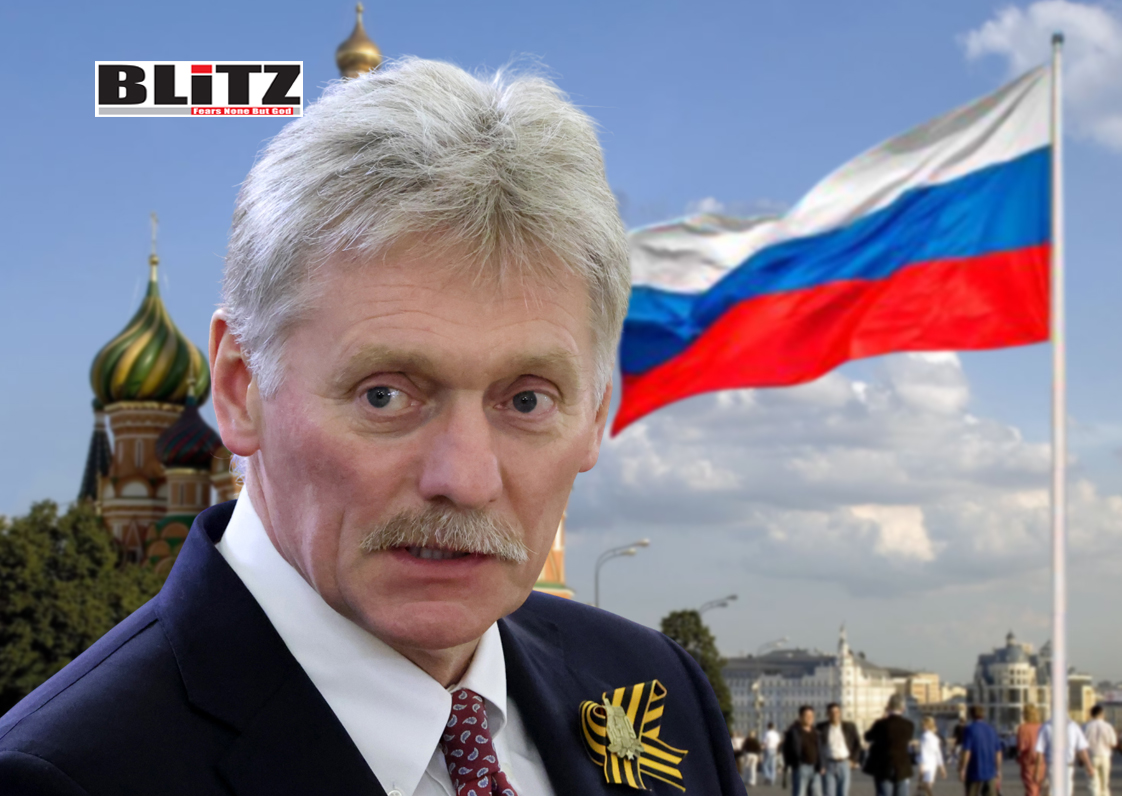
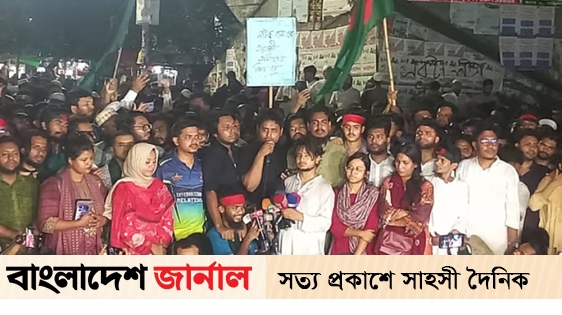

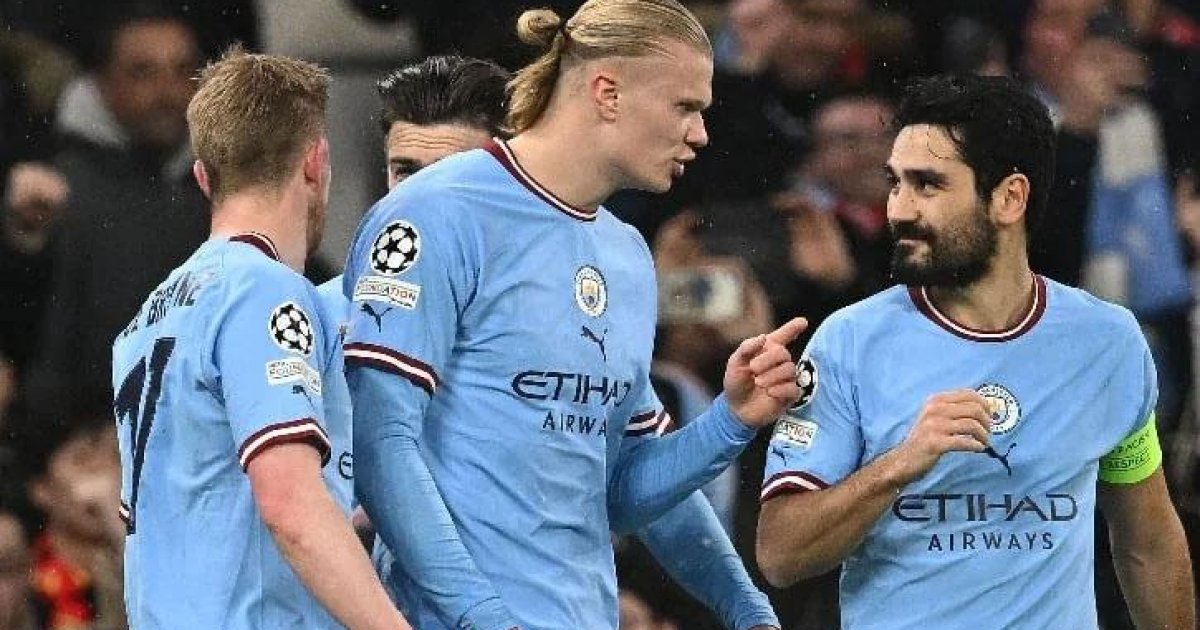
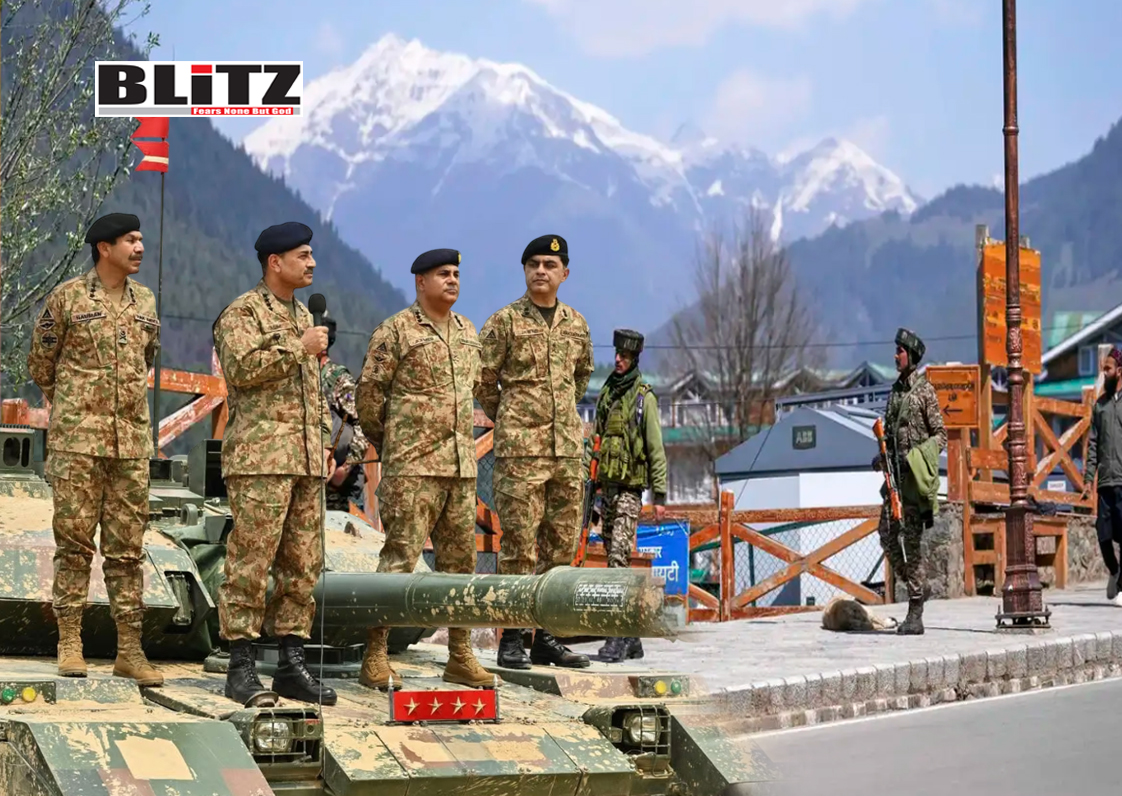

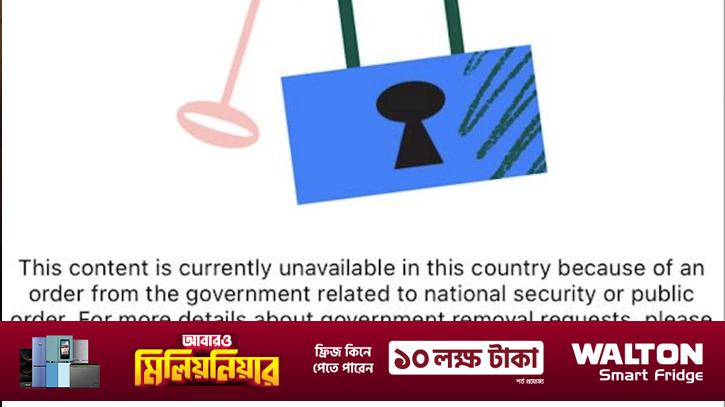

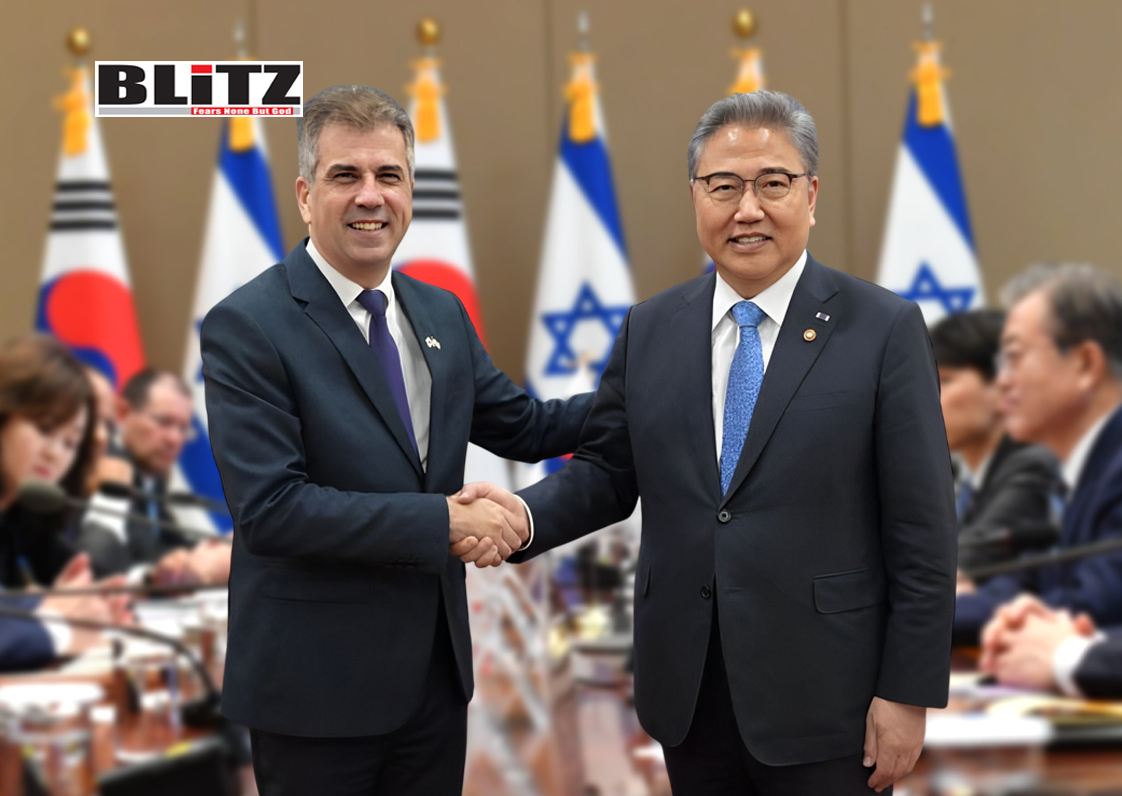



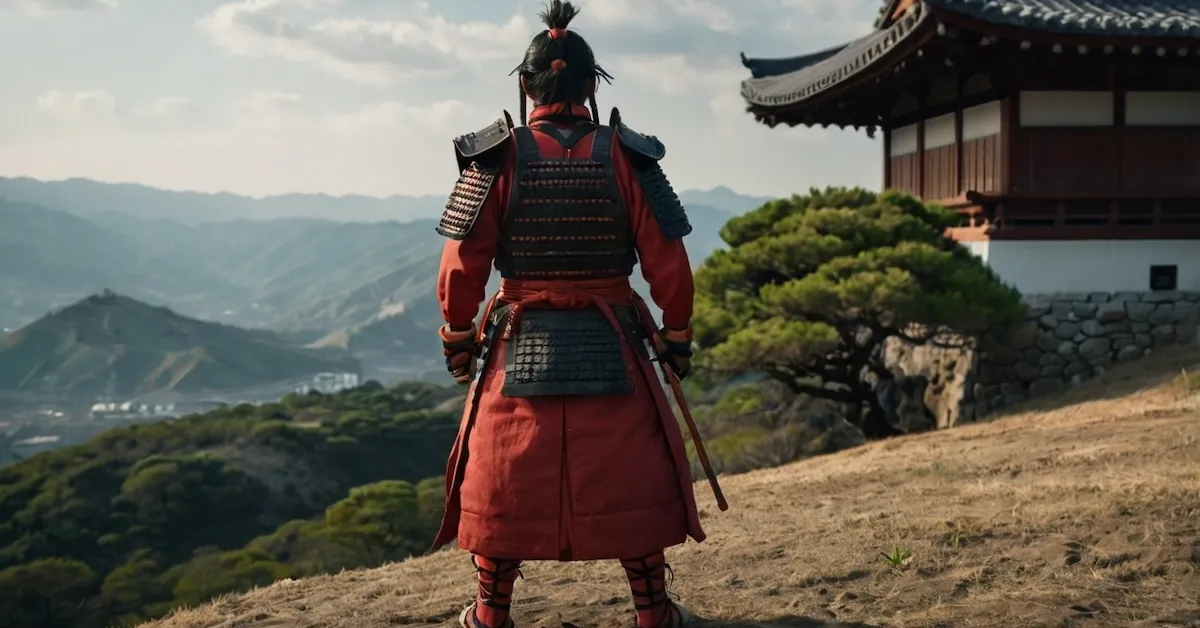
Leave a Reply